George VI, as Prince Albert
Letters signed, to Admiral Sir Campbell Tate,
spanning 19 years and chiefly concerning his role in the First World War, the navy, and his health, 419 pages in all, chiefly 8vo, bound in two cloth albums together with a few autograph envelopes, Buckingham Palace, Sandringham, Windsor Castle, Admiralty House, 145 Piccadilly and elsewhere, 30 December 1913 to 27 December 1932
Sir Campbell Tait, KCB MVO (1886-1946) was a mutual friend and mentor to both George VI and Edward VIII. He was lieutenant and watchkeeper on the Hindustan, where he met the Prince of Wales, and later on the Collingwood, in which he was present with Prince Albert at the Battle of Jutland. These letters demonstrate the closeness he enjoyed with the young princes as they navigated their way through the confusion of World War I, airing their frustrations and dreams to the older naval officer.
The eighteen-year old Prince Albert was already midshipman on HMS Collingwood, in which Sir Campbell Tait was serving, when war was declared on 4 August 1914. His first letters to Tait date from that same autumn, the beginning of a long period of convalescence following severe gastric problems which were to plague him for most of the war years. For months he lived the war vicariously, avid for news from the Admiralty (where he would occasionally glean priviliged information) on which he would comment in his letters to Tait. He undertook some minor war duties, such as chart work at the Admiralty, meeting the Serbian Crown Prince, and visits to the front with his brother
''...After seeing the billets we watched a battery of 4.7's shelling a German battery which they knocked out. We actually saw the guns being fired, so it was the first time I had seen a gun of any sort fired 'in anger' during this war...I was not allowed to go actually into the trenches but I got as near as I could. After this I saw some bombing practice...''
In May 1916 he returned to the Collingwood as acting sub-lieutenant and took part with Tait in the battle of Jutland, earning the approval of George V and the envy of the Prince of Wales, who yearned for naval action (see previous lot). Shared war experience clearly forged even stronger bonds between Tait and Prince Albert, who in these letters frequently confides in him about his shyness (''...very shortly I ought to get rid of all hesitation. It seems to be a case of breathing properly and having confidence in oneself...''), his anxiety about the public's perception of his illness (''...Treves is writing a report for the papers which will stop any unpleasant remarks passed by people about what I am doing at home for so long...'') and his relationship with his brother (''...I enclose a card which David sent me from Italy. I know it will amuse you as from what he has written under it shows that he does not know the story of Leda and the swan. He only got it as he thought it so odd. I chaffed him about it...'') and parents (''...I was very glad to get out of London as you may imagine as it is a hell when my parents are there!!...''), who are referred to in April 1917 as ''digging up places for potatoes''.
In August 1916, after being diagnosed as having a duodenal ulcer, he once again withdrew from active service, but was employed occasionally at the Admiralty before returning to sea as acting lieutenant on HMS Malaya (''...This time I really think I will be all right...''), to which Tait had been transferred as lieutenant-commander. Following a near-collapse in July 1917, however, and an operation that same year, his sea duties ended. He was posted to the Royal Naval Air Service station at Cranwell and was one of the RAF's first officers at its institution in April 1918. His duties included overseeing 2500 boys (''...much the smartest at saluting and marching...'') and training as a pilot (''...I have no intention of taking up flying as a job. The sea again for me when I am fit once more...'') -- he qualified in July 1919.
After the war, until 1932, Prince Albert continued to write to Tait about his royal duties (such as ''trotting'' the Shah of Persia ''about the countryside''), future prospects (''...My job will always be a roving commission of sorts...'') and marriage to Lady Elizabeth Bowes-Lyon (''...I was doing my best for 2 years & at last succeeded...She is a most wonderful little person...'').
George VI, as Prince Albert
Letters signed, to Admiral Sir Campbell Tate,
spanning 19 years and chiefly concerning his role in the First World War, the navy, and his health, 419 pages in all, chiefly 8vo, bound in two cloth albums together with a few autograph envelopes, Buckingham Palace, Sandringham, Windsor Castle, Admiralty House, 145 Piccadilly and elsewhere, 30 December 1913 to 27 December 1932
Sir Campbell Tait, KCB MVO (1886-1946) was a mutual friend and mentor to both George VI and Edward VIII. He was lieutenant and watchkeeper on the Hindustan, where he met the Prince of Wales, and later on the Collingwood, in which he was present with Prince Albert at the Battle of Jutland. These letters demonstrate the closeness he enjoyed with the young princes as they navigated their way through the confusion of World War I, airing their frustrations and dreams to the older naval officer.
The eighteen-year old Prince Albert was already midshipman on HMS Collingwood, in which Sir Campbell Tait was serving, when war was declared on 4 August 1914. His first letters to Tait date from that same autumn, the beginning of a long period of convalescence following severe gastric problems which were to plague him for most of the war years. For months he lived the war vicariously, avid for news from the Admiralty (where he would occasionally glean priviliged information) on which he would comment in his letters to Tait. He undertook some minor war duties, such as chart work at the Admiralty, meeting the Serbian Crown Prince, and visits to the front with his brother
''...After seeing the billets we watched a battery of 4.7's shelling a German battery which they knocked out. We actually saw the guns being fired, so it was the first time I had seen a gun of any sort fired 'in anger' during this war...I was not allowed to go actually into the trenches but I got as near as I could. After this I saw some bombing practice...''
In May 1916 he returned to the Collingwood as acting sub-lieutenant and took part with Tait in the battle of Jutland, earning the approval of George V and the envy of the Prince of Wales, who yearned for naval action (see previous lot). Shared war experience clearly forged even stronger bonds between Tait and Prince Albert, who in these letters frequently confides in him about his shyness (''...very shortly I ought to get rid of all hesitation. It seems to be a case of breathing properly and having confidence in oneself...''), his anxiety about the public's perception of his illness (''...Treves is writing a report for the papers which will stop any unpleasant remarks passed by people about what I am doing at home for so long...'') and his relationship with his brother (''...I enclose a card which David sent me from Italy. I know it will amuse you as from what he has written under it shows that he does not know the story of Leda and the swan. He only got it as he thought it so odd. I chaffed him about it...'') and parents (''...I was very glad to get out of London as you may imagine as it is a hell when my parents are there!!...''), who are referred to in April 1917 as ''digging up places for potatoes''.
In August 1916, after being diagnosed as having a duodenal ulcer, he once again withdrew from active service, but was employed occasionally at the Admiralty before returning to sea as acting lieutenant on HMS Malaya (''...This time I really think I will be all right...''), to which Tait had been transferred as lieutenant-commander. Following a near-collapse in July 1917, however, and an operation that same year, his sea duties ended. He was posted to the Royal Naval Air Service station at Cranwell and was one of the RAF's first officers at its institution in April 1918. His duties included overseeing 2500 boys (''...much the smartest at saluting and marching...'') and training as a pilot (''...I have no intention of taking up flying as a job. The sea again for me when I am fit once more...'') -- he qualified in July 1919.
After the war, until 1932, Prince Albert continued to write to Tait about his royal duties (such as ''trotting'' the Shah of Persia ''about the countryside''), future prospects (''...My job will always be a roving commission of sorts...'') and marriage to Lady Elizabeth Bowes-Lyon (''...I was doing my best for 2 years & at last succeeded...She is a most wonderful little person...'').




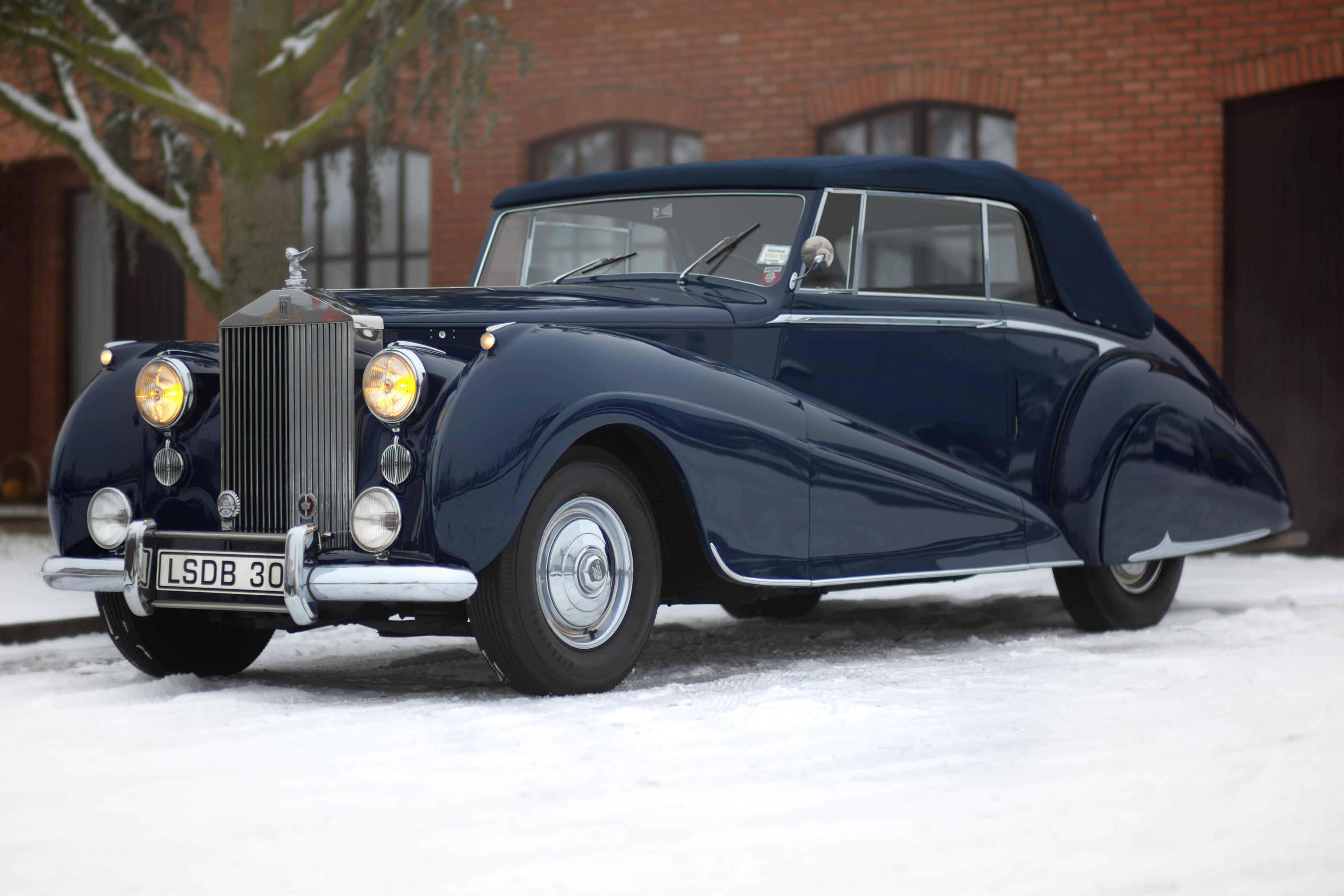



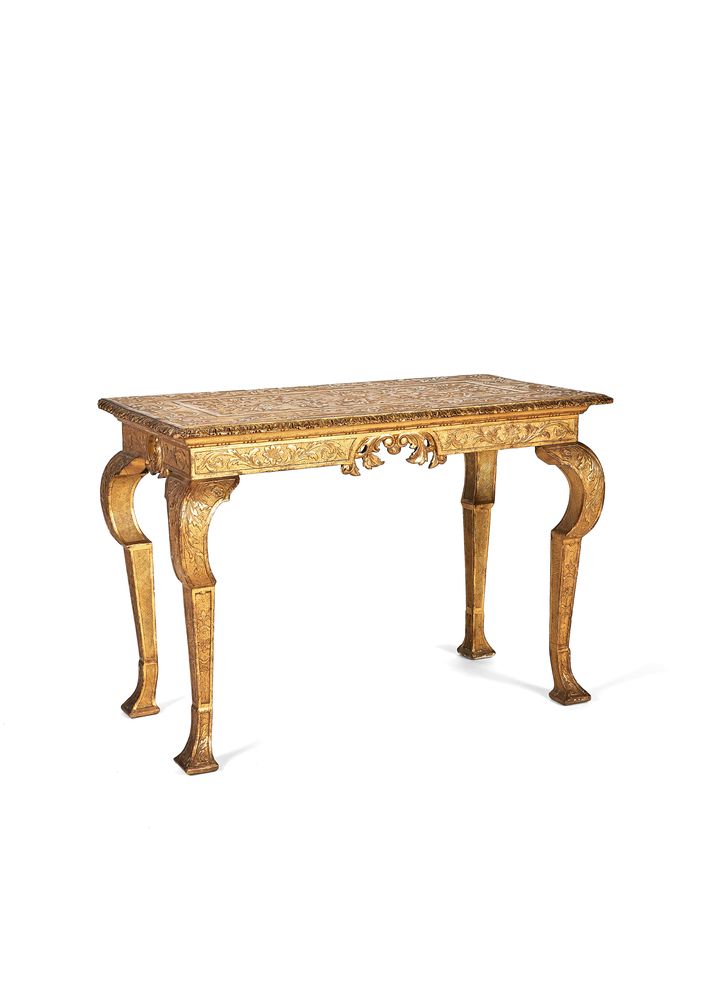
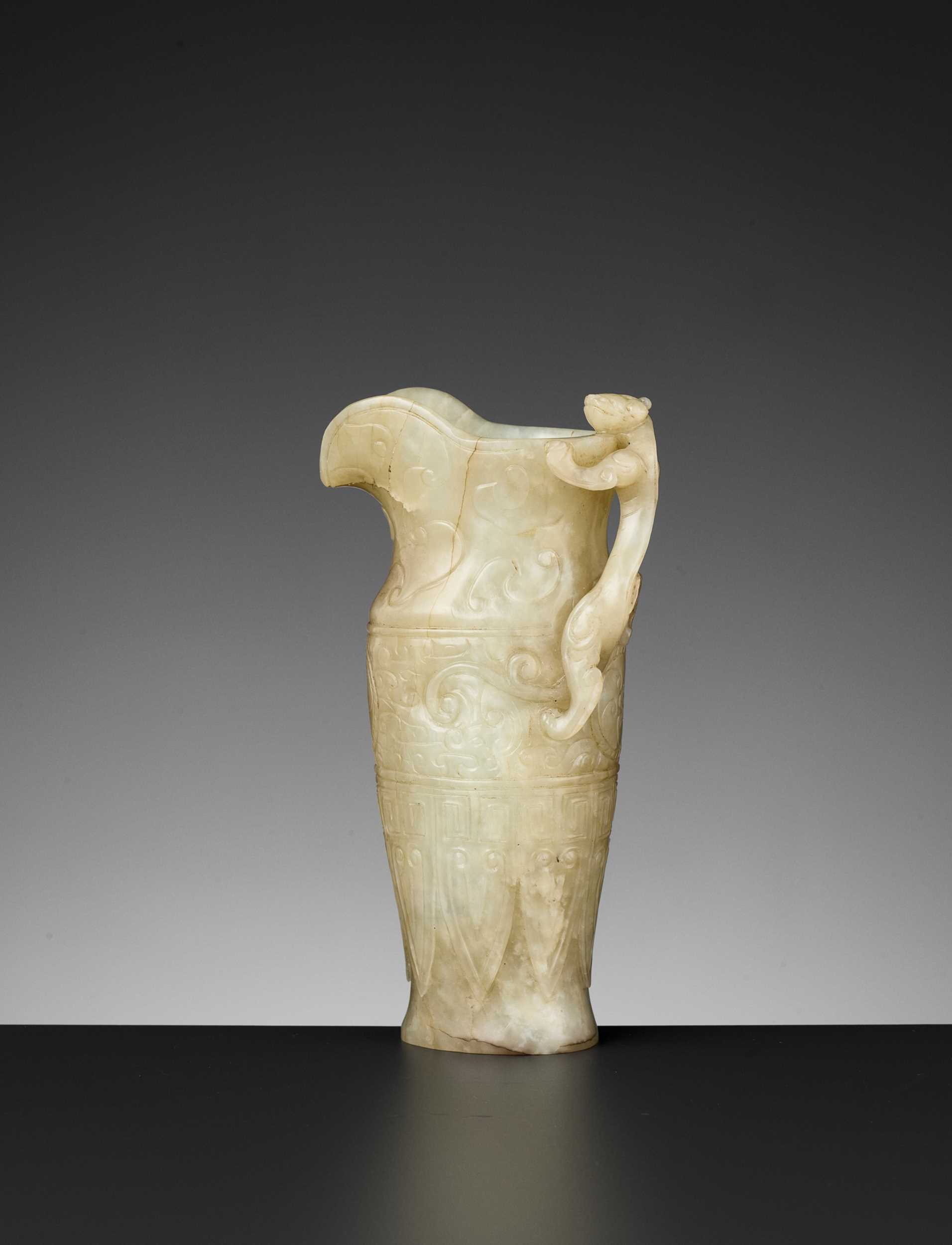
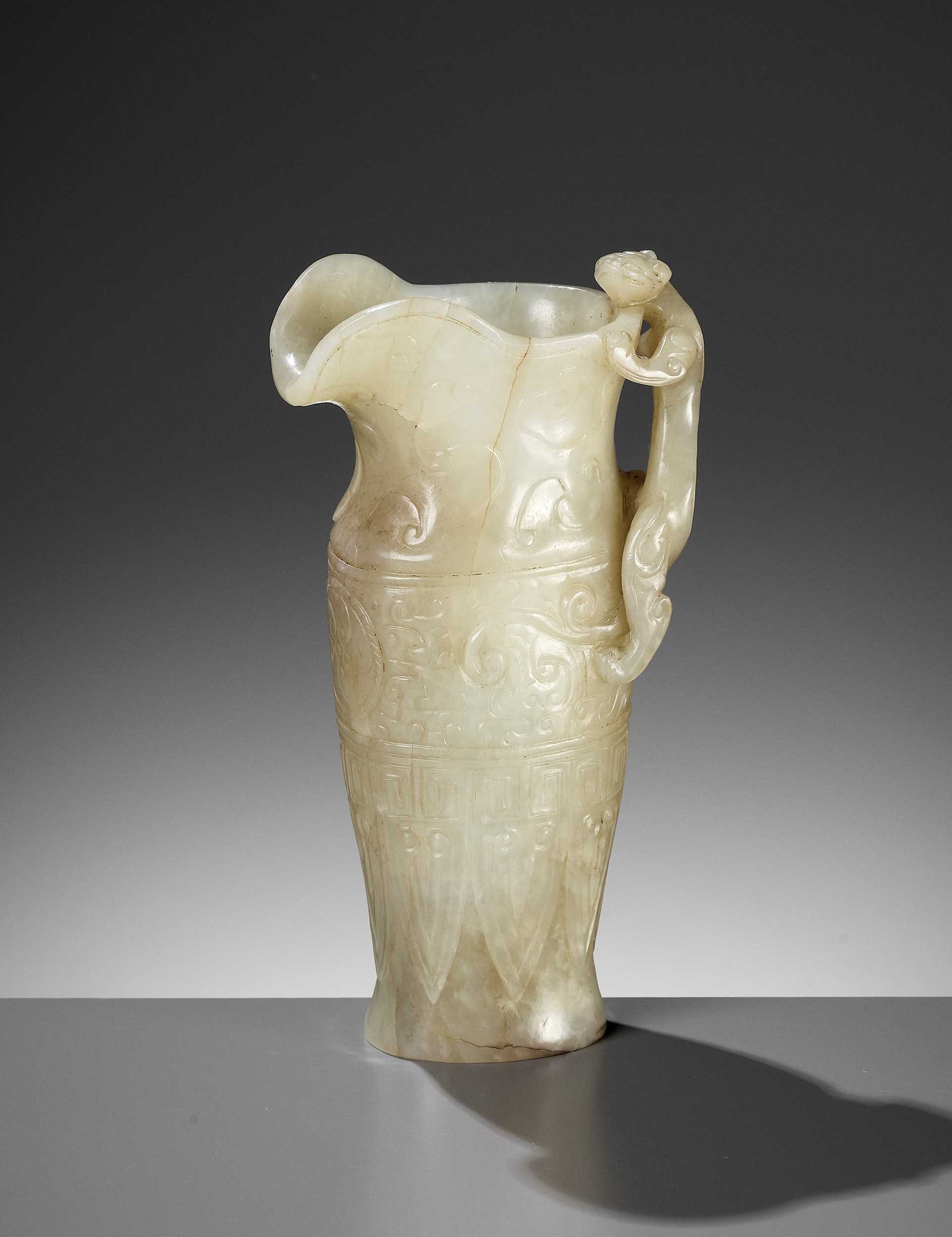

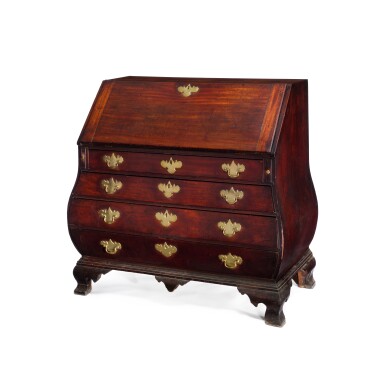

Testen Sie LotSearch und seine Premium-Features 7 Tage - ohne Kosten!
Lassen Sie sich automatisch über neue Objekte in kommenden Auktionen benachrichtigen.
Suchauftrag anlegen